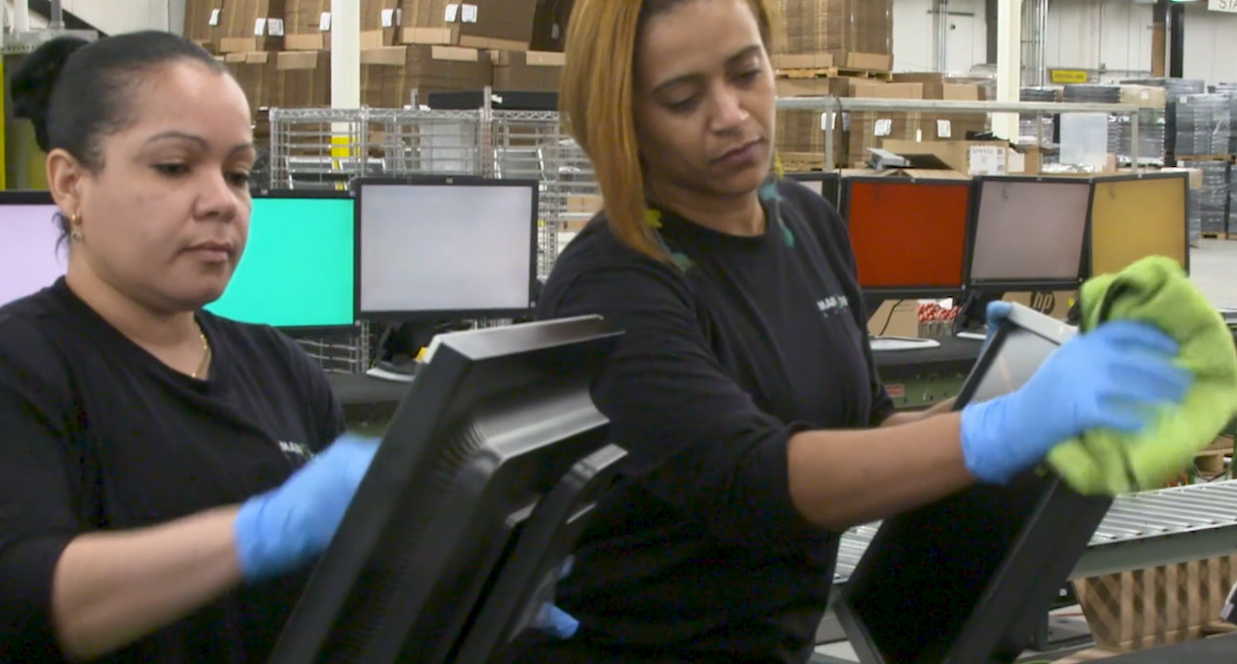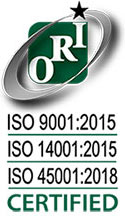
Despite the 5G buzz, some analysts say the perceived speed advantage will be short-lived.
Verizon has its eyes set on introducing competition into the wired internet market with its new 5G Home Service. By offering 300 Mbps service for $50 per month to existing mobile customers, Verizon hopes to make inroads into markets dominated by a single cable-only provider.
AT&T, Sprint, and T-Mobile are also in the process of rolling out 5G networks in 2019 and 2020. But industry experts from several consulting firms still downplay the risks to cable companies like Comcast and Charter.
But let’s first take a quick look at the potential that 5G offers:
- Speed: With data transfer speeds as high as 10 Gbps, the next-generation wireless rivals even the fastest fibre-optic networks.
- Latency: It’s low. And it’s one of the primary attributes of 5G networks. In ideal conditions, latency rates of under a millisecond are possible, making 5G 60 to 120 faster than 4g latencies. Low latency will, for instance, be a boon for cloud computing. When home and enterprise users alike are able to complete complex tasks in real time and access unprecedented amounts of data without suffering high price points and limited storage, some experts argue it will allow for a more decentralized workforce.
- IoT impact: Since the full realization of the Internet of Things (IoT) depends on the ability to collect data from a myriad of sources, the speed and latency of 5G provides the framework to make it happen.
- Transparency: In practical terms, it paves the way for smart-city applications, such as smart streetlights, crime detection and reporting, and traffic flow. The impact of “always-on” technology will also be felt in the supply chain, enabling full transparency not only of the item being transported but of all source materials (“Imagine being able to see into the history of a product to see if it contains dangerous or unrecyclable ingredients or packaging. 5G can make that a reality, if we value transparency.”)
The downside? Increased security concerns. Larger networks open up larger surfaces to attack while 5G’s higher data rate could leave networks vulnerable to more powerful Distributed Denial of Service (DDoS) attacks, according to NetworkWorld.
Technology enhancements could mute threat from 5G
With the help of Docsis 3.1 technology and network enhancements like Full Duplex, enabling speeds of up to 10 Gbps, Charter and Comcast have noted they don’t see 5G as a threat. Several industry experts agreed in FierceWireless:
“By the end of 2020, 5G fixed wireless solutions remain niche despite deployments by more than 50 network operators worldwide,” analysts at CCS Insights wrote in one of their predictions for 2019. “A slew of providers offers fixed wireless access as an alternative to fibre in high-density areas. They follow early launches of 5G networks in the US that take the same approach to providing broadband access in a fixed location. However, such services remain niche, representing only a tiny fraction of total 5G connections in the long term.”
Analysts at Jeffries said, “we expect 5G’s perceived speed advantage will be short-lived.”
Do you have obsolete cable boxes? Mainstream Global can process large volumes in our certified processing centers in the United States and Latin America. By partnering with us, you can take full advantage of our expertise in developing sustainable, best-in-class ITAD solutions.
Contact us to learn more.
Mainstream Global, Inc., headquartered in Lawrence, Mass., owns and operates ISO 9001, 14001, OHSAS 18001 and R2 certified processing centers in the United States, Colombia, Peru, Chile, Argentina and Brazil. With over 19 years of directly servicing and re-selling assets from top-tier manufacturers, Mainstream Global is the recognized expert. Our partners rely on us for compliance, security, professionalism, and brand protection, all while providing the best returns and prioritizing global environmental standards.
Read more:
Searching for a reverse logistics partner? Then you need to see this video.
IoT generates tons of data. How does it affect product lifecycle management?





